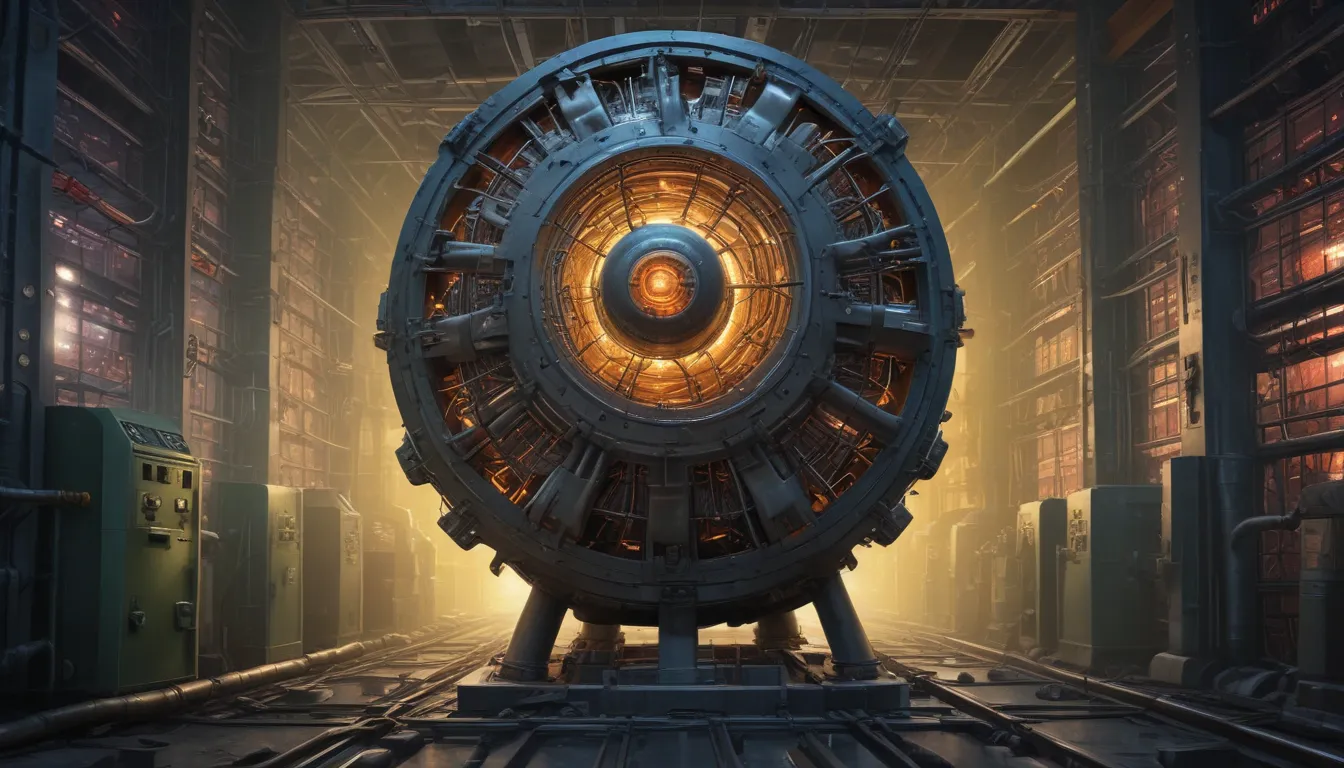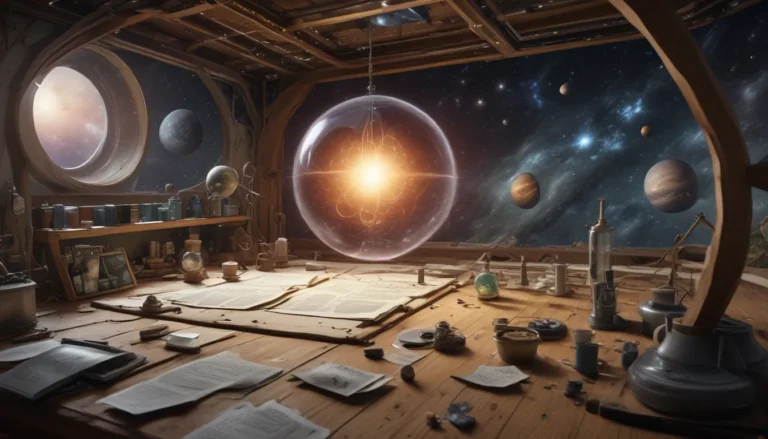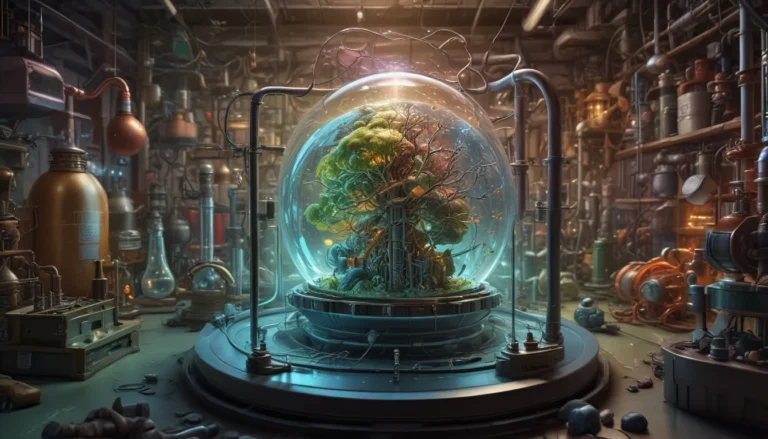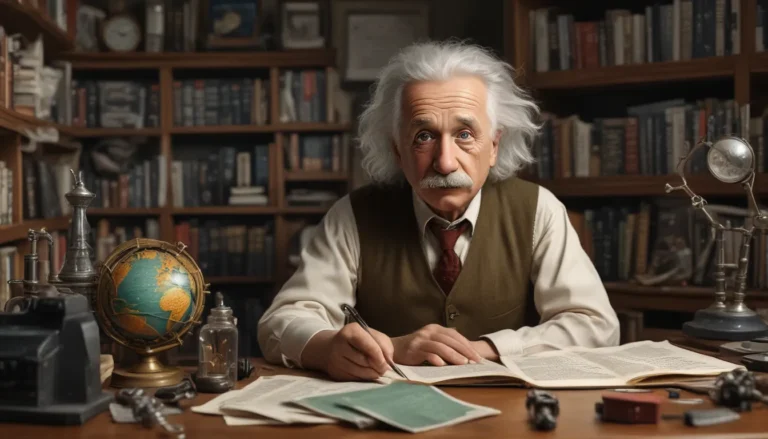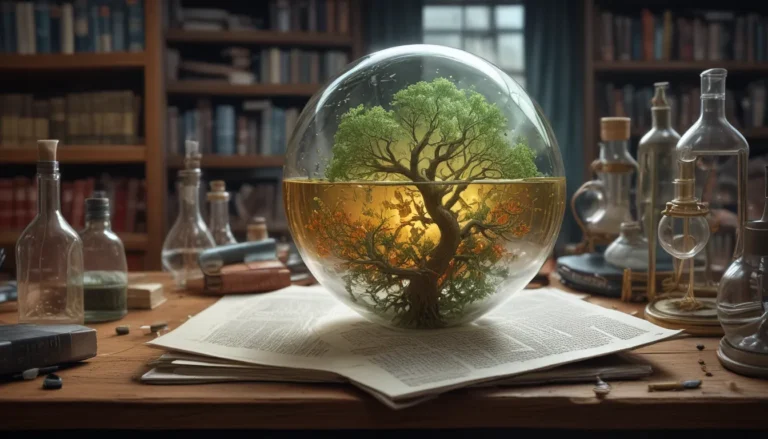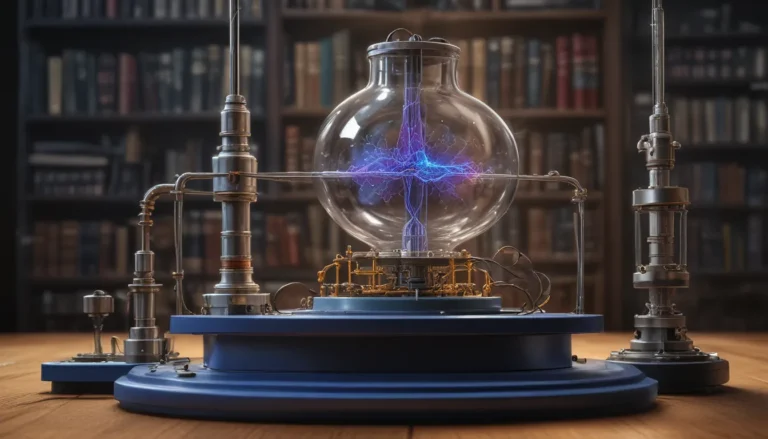A Note About Images: The images used in our articles are for illustration purposes only and may not exactly match the content. They are meant to engage readers, but the text should be relied upon for accurate information.
Nuclear fission, a captivating scientific phenomenon, has left an indelible mark on our world, transforming the landscape of energy generation and unveiling the mysteries of the universe. In this article, we will delve into the astounding world of nuclear fission, exploring 14 unbelievable facts that will enrich your understanding and ignite your curiosity. From its origins to its groundbreaking applications, these facts will showcase the immense power and complexity of nuclear fission in shaping our reality. So fasten your seatbelts and brace yourself for an extraordinary journey into the realm of nuclear fission!
Understanding the Power of Nuclear Fission
- Nuclear fission is a process that releases an enormous amount of energy.
-
The splitting of atomic nuclei during nuclear fission results in the liberation of a tremendous amount of energy, a fundamental element in power generation.
-
Nuclear fission can occur naturally.
- Certain isotopes, such as uranium-235 and plutonium-239, exhibit natural instability, leading to spontaneous fission without external stimuli.
Unraveling the History of Nuclear Fission
- Nuclear fission was first discovered in 1938.
- Otto Hahn and Fritz Strassmann’s observation of uranium atom splitting under neutron bombardment marked the monumental discovery of nuclear fission, laying the groundwork for further scientific exploration.
Exploring the Applications of Nuclear Fission
- Nuclear fission can be used to generate electricity.
-
Controlled nuclear fission within reactors generates heat that drives steam turbines, ultimately producing electricity.
-
Nuclear fission can create chain reactions.
-
The ability of nuclear fission to initiate chain reactions by releasing additional neutrons leads to a self-sustaining and highly energetic process.
-
Nuclear fission is utilized in nuclear weapons.
-
The devastating power of nuclear weapons stems from the rapid chain reactions facilitated by nuclear fission.
-
Nuclear fission can produce isotopes for medical purposes.
- The production of radioisotopes through nuclear fission has significant applications in medical imaging, cancer treatments, and disease diagnosis.
Addressing Challenges and Concerns
- Nuclear fission produces radioactive waste.
-
The by-products of nuclear fission reactions are radioactive and pose risks to health and the environment, necessitating careful management and disposal.
-
Nuclear fission has potential health hazards.
- Exposure to radiation from nuclear fission processes can lead to severe health consequences, emphasizing the importance of stringent safety measures.
Looking Towards the Future
- Nuclear fission is a non-renewable energy source.
-
While nuclear fission generates substantial energy, the finite nature of its fuel underscores the need to explore alternative energy sources.
-
Nuclear fission research is conducted for peaceful purposes.
- Beyond destructive potential, nuclear fission research focuses on harnessing clean and sustainable energy through nuclear power plants.
Concluding Remarks
Nuclear fission stands as a testament to human innovation and curiosity, unlocking unprecedented energy reserves and unraveling the mysteries of the universe. The captivating facts presented in this article offer a glimpse into the remarkable capabilities of nuclear fission, from energy production to medical advancements. As we continue to push the boundaries of nuclear science, the promise of a future shaped by clean, sustainable energy sources emerges. Embrace the awe-inspiring journey into the realm of nuclear fission and witness the remarkable feats of scientific exploration in action.
FAQ’s
Q: What is nuclear fission?
A: Nuclear fission is a process where an atom’s nucleus splits, releasing a large amount of energy.
Q: How does nuclear fission occur?
A: Nuclear fission happens when a heavy atom absorbs a neutron, making it split into smaller atoms, releasing energy.
Q: Can nuclear fission contribute to climate change mitigation?
A: Yes, nuclear fission can aid in mitigating climate change by providing reliable, carbon-free electricity.
Embark on a riveting exploration of nuclear fission’s wonders and deepen your comprehension of this extraordinary scientific discovery. Join us on this captivating journey through the realm of nuclear power and witness the transformative impact of nuclear fission on our world.
